3 things I love about Twitter and 3 that I hope Elon will change
Elon Musk just paid $44 billion for Twitter and has plans to improve it. Here's where I think it already rules and how it could be better

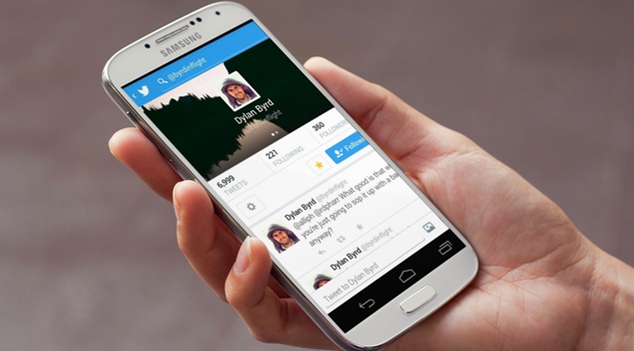
Twitter is about to go private, after its board finally accepted Elon Musk's $44 billion buyout. This might seem like a lot of money for a social media platform that often comes in third or fourth in people's eyes but it remains one of my go-to options, so I can see the appeal.
Don't get me wrong, if I had access to $44 billion, I don't think it would make my top 5 purchases, but it's still a hugely popular platform and could now get even better. Twitter first launched in 2006 and really took off between 2007 and 2010, just as Facebook was also growing.
While Facebook was more about your friends and communities, Twitter always appeared to be more of an open platform for businesses and those looking to be heard. I've been using Twitter since 2009 and I still think there are some things it does better than other platforms, but there's also a few things I hope the new management will improve.
Reasons to love Twitter
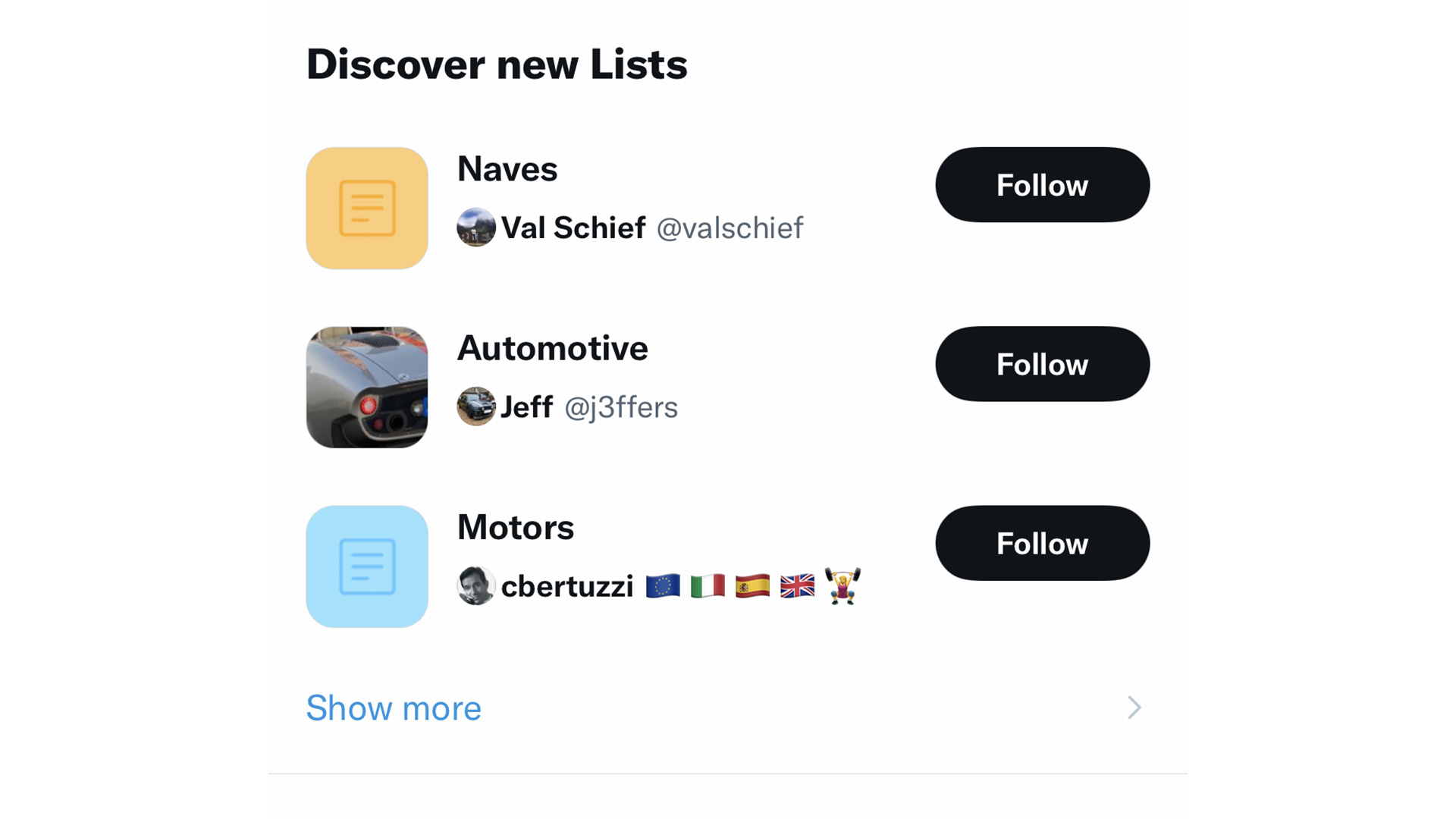
1. Get news as it breaks
Thanks to the ability to see (almost) anyone's post at any time, it's very quick and easy to get the latest news on Twitter. Often I've found stories on Twitter before they hit the main news channels, just by searching for certain words and phrases or following certain people.
Trending Hashtags work to provide a gauge of the most popular topics at any set time, in your area but it's not the only way. Using lists and topics you can follow groups of likeminded people or subjects, and have them show up in your feed. From wars and weather alerts to football and Oscar mishaps, you can find it all, and instantly.
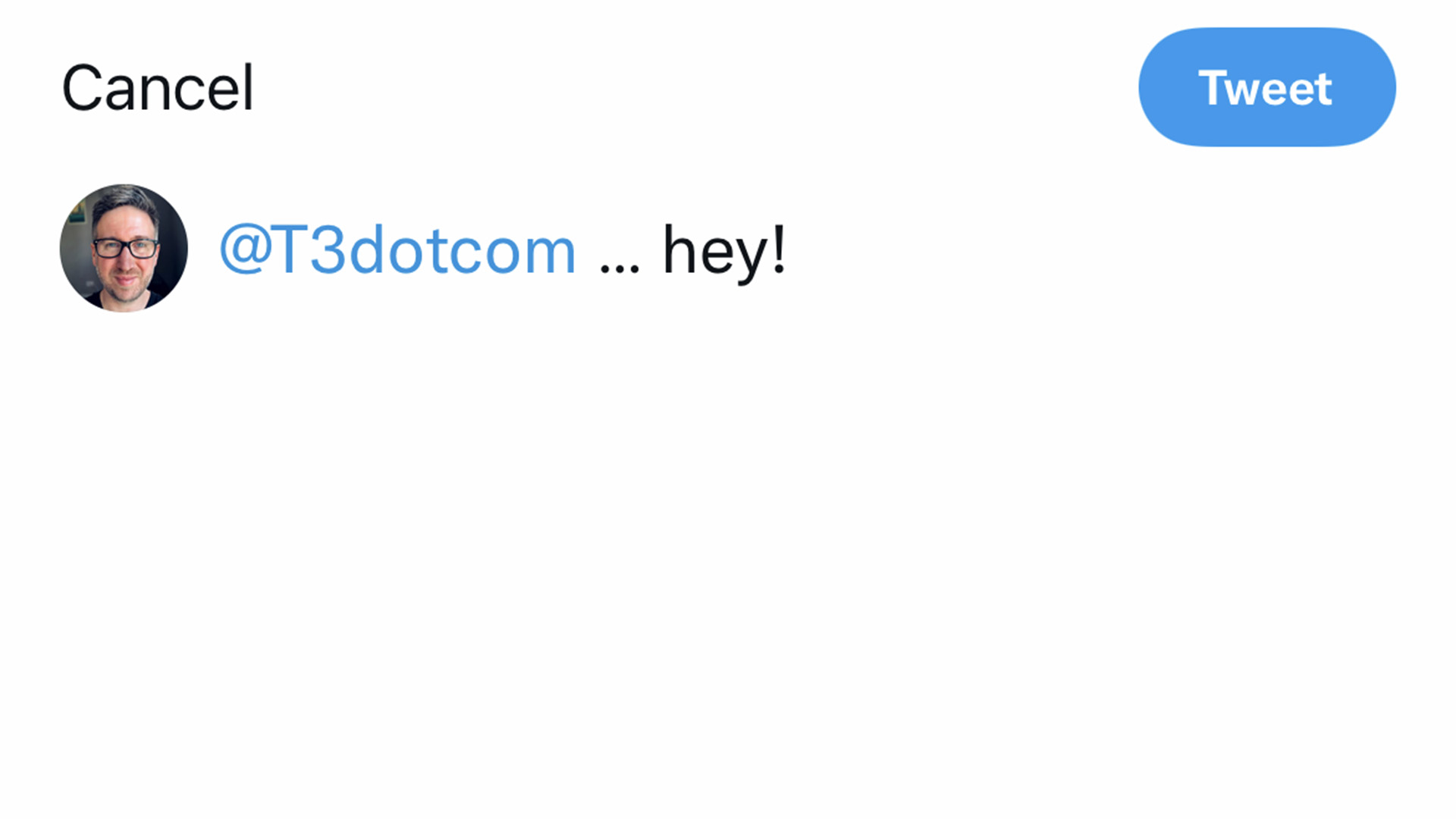
2. Brand interaction
The secret to a successful social media presence for any brand is to not just shout your message but to actually have a conversation with your audience. This works in their favor but can also work for the consumer.
Twitter's ability to publicly tag brands makes any comment very public. Those that use Twitter well are often quicker to respond here than they are on their own contact us pages. If you've got a question, comment, compliment or complaint, Twitter is often the fastest way to get an answer.
Get all the latest news, reviews, deals and buying guides on gorgeous tech, home and active products from the T3 experts
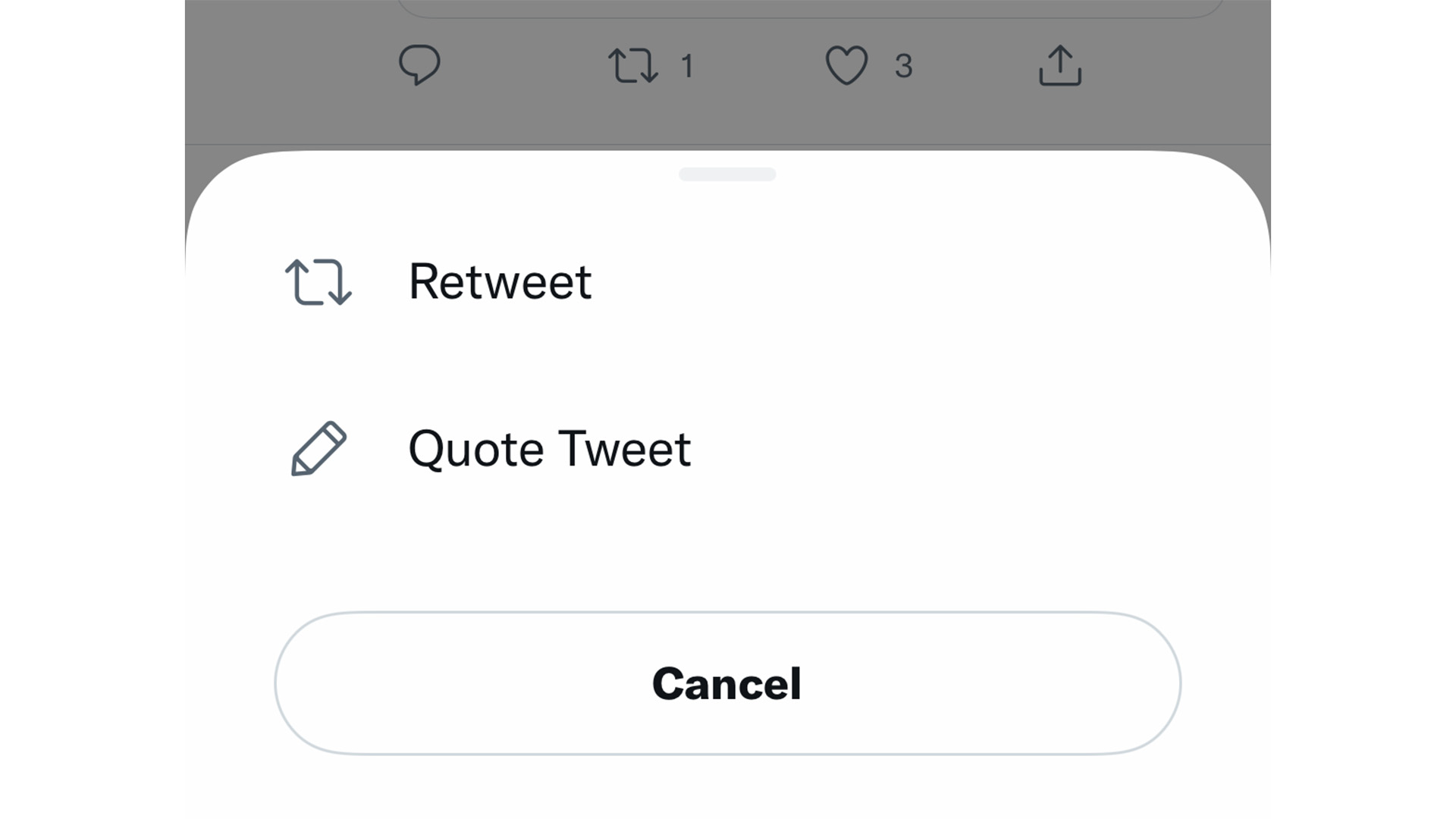
3. It's fast to say something (even if you're saying nothing)
While a Facebook post, Instagram or TikTok takes some time to craft, Twitter allows you to get your message out in seconds. Sometimes without writing anything at all. The most common feature is the retweet, which essentially allows you to express a point of view by simply sharing something that someone else has posted.
If you are feeling a little more expressive, you can use the quote Tweet function, which lets you add a comment alongside the shared post. Though this is something you can do on Facebook too, it feels easier on Twitter and reaches further than just your friends.
Of course, you can always create your own message and now that the character limit has been expanded from 140 to 280, you can say more. And if you need more than that, you can create a thread. There's also easy to add Gifs, polls and pictures of course.
Things I don't love about Twitter
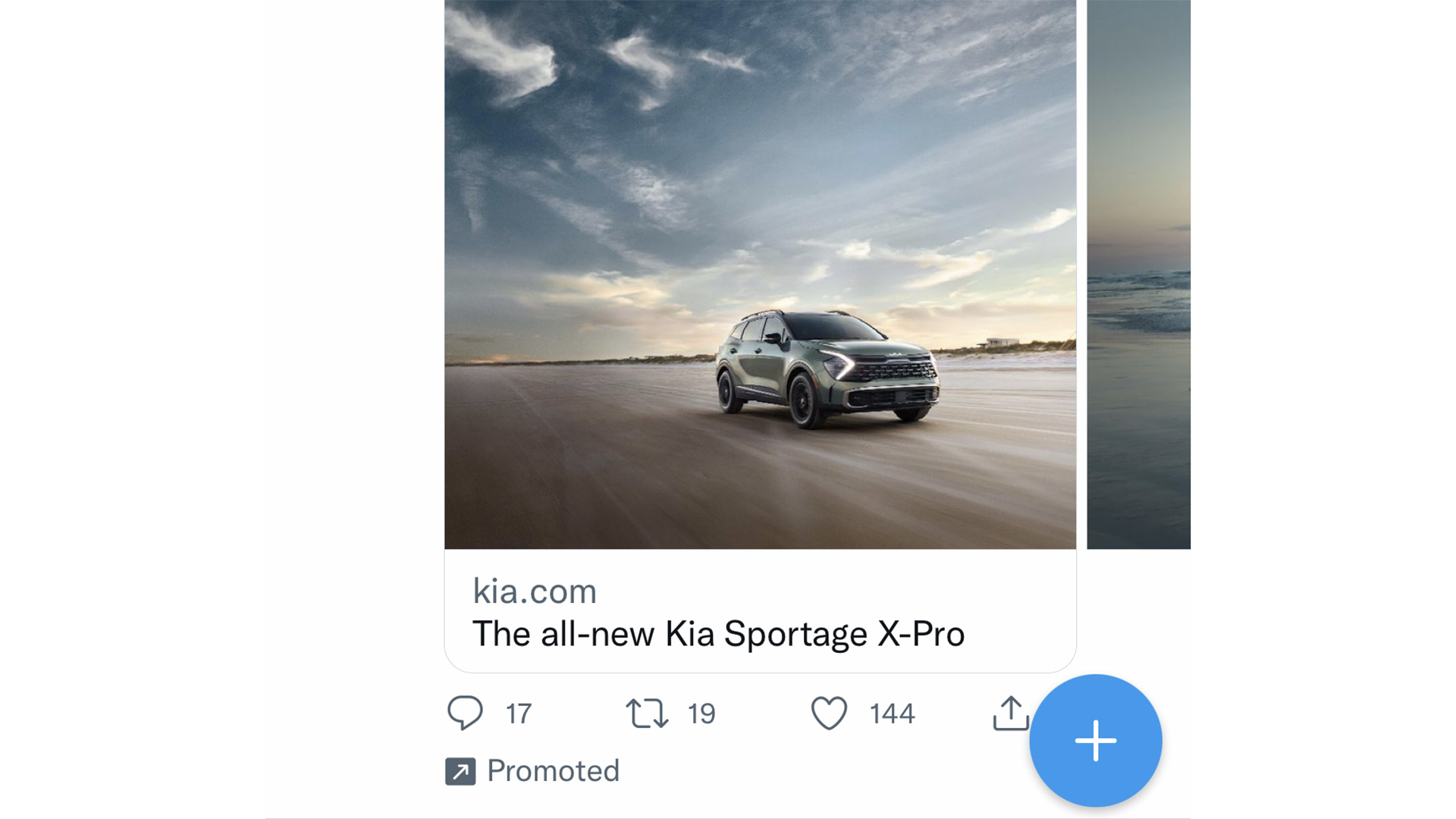
1. Ads
Adverts are an inescapable part of any app or webpage, and social media is no different. While we were spoilt in the early days as sites took losses to build their platforms, the ads would always follow, and follow they have.
Perhaps my real problem with Twitter's ads is that they do too good a job at blending in with the rest of the feed. I've fallen for a number of seemingly brilliant products in the past from these ads, and usually been disappointed with the result.
Twitter going private is unlikely to stem the flow of ads on the platform. After all, it still needs to be worth the multi-billion dollar investment. But here's hoping that they find a way to be slightly less annoying.
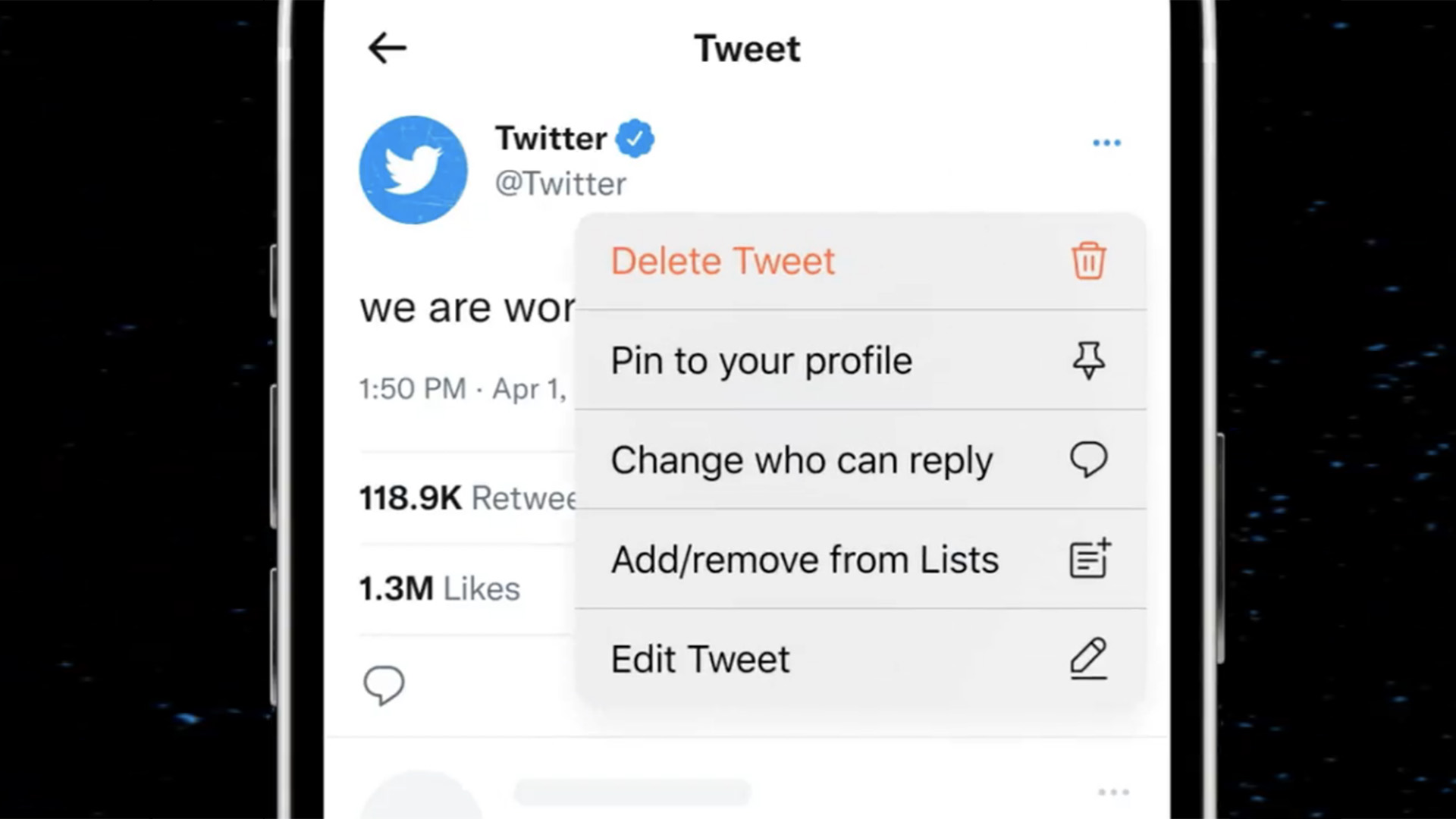
2. Editing
Twitter has famously not allowed for Tweets to be edited once they have gone out. There's a good reason for this, according to the platform. Allowing the edit of a Tweet would allow the poster to change the meaning of a post after it had gained likes and comments, providing a false narrative.
Elon Musk raised the issue of the edit button before his initial 9% investment in the company and Twitter responded that they have been working to bring an edit button for the last year. In fact, Twitter Blue users, who subscribe for $2.99 a month can already edit a preview before fully posting.
It's not yet clear how the edit function will work – whether there will be a time limit on changes, or if it will get an edited badge on it, as Slack does but it will definitely help for those moments when you discover a glaring typo in your latest post.
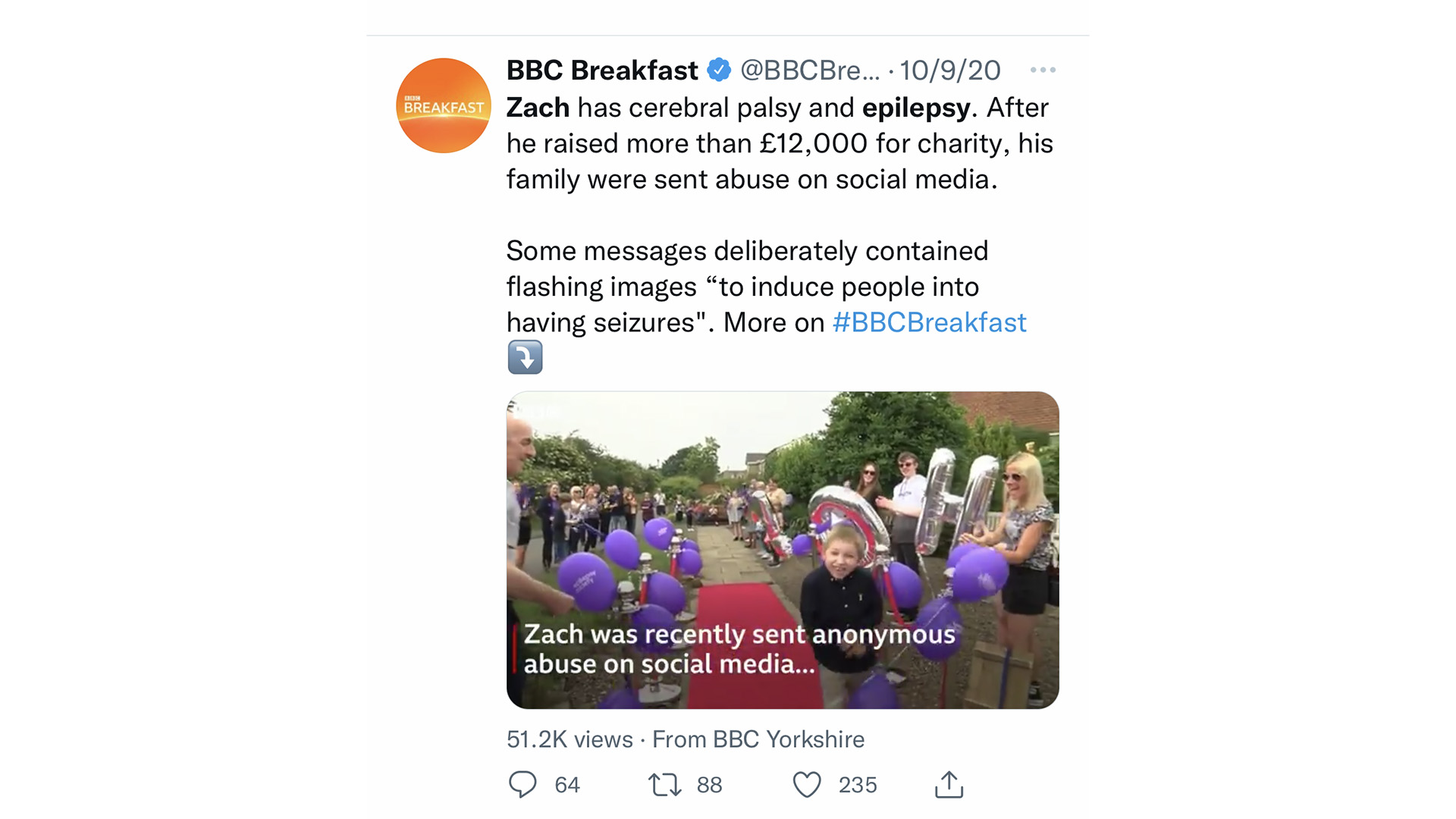
3. Trolls and online abuse
While Twitter's public nature is its blessing, it's also its curse. Opinions that are unpopular or controversial can easily go viral and it becomes easy for the original poster to become a target for abuse.
While not unique to Twitter, the company has made efforts to reduce online bullying, with the ability to limit who sees and replies to your comments, as well as algorithms to detect signs of bullying. Those not following the rules have been removed or banned, including some high-profile cases but it's difficult to stop it altogether.
In the UK, there has been a push for Zach's Law to be implemented to stop online trolls after 10-year-old Zack Eagling was bombarded with flashing images on Twitter, aimed to trigger a seizure in the boy who has epilepsy.
Musk has suggested that he wants to open up the platform for free speech, but has also promised to defeat spam bots, which has the potential to reduce trolls and bullying.

As T3's Editor-in-Chief, Mat Gallagher has his finger on the pulse for the latest advances in technology. He has written about technology since 2003 and after stints in Beijing, Hong Kong and Chicago is now based in the UK. He’s a true lover of gadgets, but especially anything that involves cameras, Apple, electric cars, musical instruments or travel.